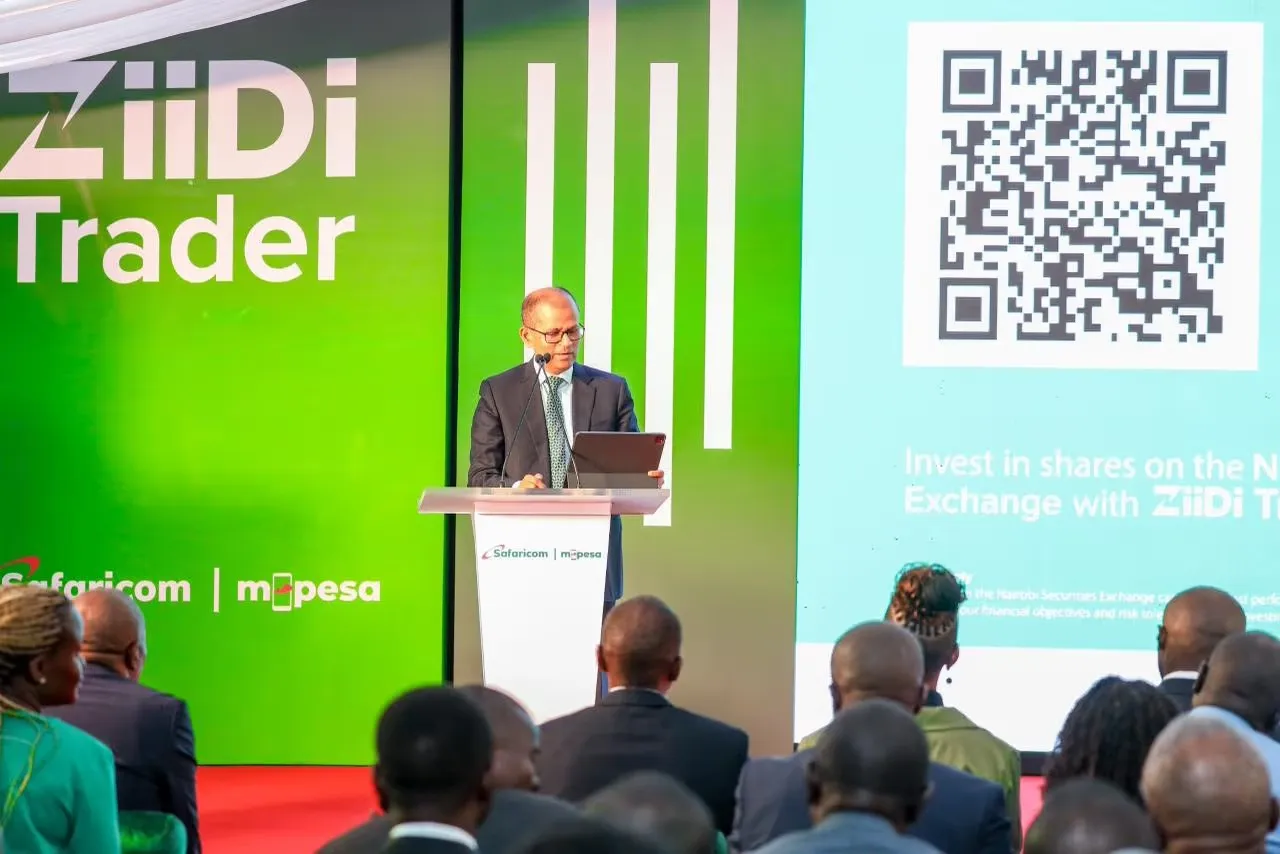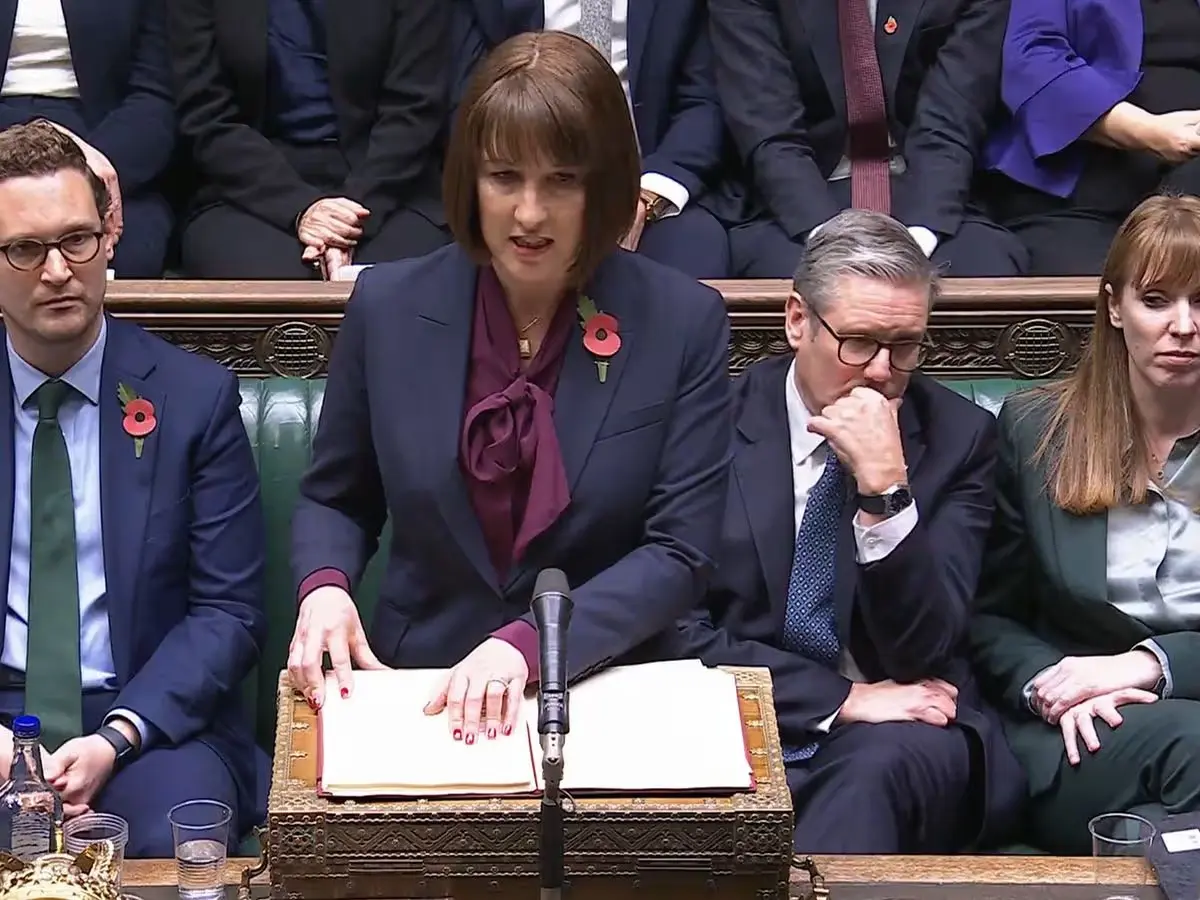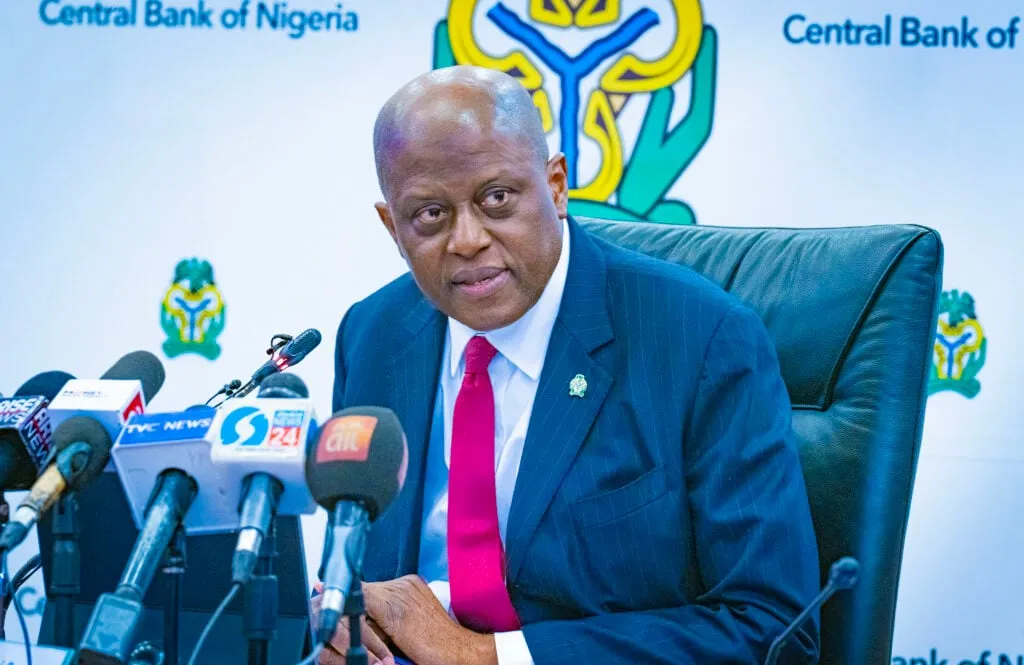The African private capital market witnessed remarkable growth in 2024, with disclosed deal values reaching a staggering $10.1 billion, marking a significant increase from the $6.7 billion recorded in 2023. According to the 2024 Private Capital in Africa Activity Report by Stears, this surge came despite a lower disclosure rate of 46 percent compared to the previous year’s 71 percent. The increase underscores the impact of mega transactions that fueled the expansion of deal values across multiple sectors.
In the fourth quarter (Q4) alone, the disclosed transactions amounted to $4.7 billion, contributing to the impressive full-year performance. The steady growth of private capital in Africa highlights the continent’s increasing attractiveness to investors seeking high-growth opportunities in emerging markets.
Equity Financing Remains Dominant in Private Capital Transactions
Throughout 2024, equity financing remained the most preferred funding structure in African private capital transactions. In Q4, 73 percent of transactions involved equity financing, while 31 percent incorporated a debt component. On a full-year basis, 81 percent of deals included equity financing, whereas only 26 percent involved debt.
While equity financing has been the dominant method across industries, debt financing played a more prominent role in agriculture and energy-related deals. The report also highlighted a rising trend in mezzanine and hybrid financing structures, signaling increased investor confidence in diversified financial instruments.
According to Michael Famoroti, Head of Research at Stears, the report’s findings reinforce Africa’s resilience in global private capital markets. “The FY2024 report highlights Africa’s growing importance in global private capital flows,” Famoroti stated. “Our analysis underscores the critical role of equity financing and the continued dominance of key economies like South Africa, Kenya, and Nigeria in shaping investment trends.”
Key Markets Leading Private Capital Investments in Africa
South Africa, Kenya, and Nigeria emerged as the leading destinations for private capital investments in 2024, collectively accounting for 74 percent of total transactions. South Africa and Kenya each represented 25 percent of the market, followed closely by Nigeria at 24 percent.
Egypt and Ghana also demonstrated strong performances, contributing 14 percent and 13 percent of the total transactions, respectively.
Egypt’s growth was driven by a high proportion of single-country investments, with 62 percent of deals occurring within its borders. This trend closely mirrored South Africa’s performance, where 63 percent of transactions were domestic. Meanwhile, Morocco also exhibited a preference for localized investments, with 52 percent of its deals taking place within the country.
The increasing prominence of North African markets, particularly Egypt and Morocco, highlights a broader shift towards regional investment patterns, where investors are prioritizing opportunities within specific economic zones.
Sector Breakdown: Financial Services and Technology Drive Growth
Financial services emerged as the most active sector in Africa’s private capital landscape in 2024, accounting for 22 percent of all transactions. The sector’s dominance was driven by increased investment in payment infrastructure and digital banking solutions. Within financial services, payments infrastructure accounted for 23 transactions, representing 29 percent of the sector’s total deals.
The consumer goods and services sector followed closely behind, comprising 20 percent of transactions, reflecting Africa’s expanding middle class and rising consumer demand.
The technology sector accounted for 17 percent of transactions, driven by continued investment in fintech, AI-driven solutions, and digital infrastructure.
Industrials represented 15 percent of total deal activity, benefiting from increased investments in logistics, supply chain management, and manufacturing. Meanwhile, the energy and agriculture sectors each recorded 45 transactions, making up 13 percent of total market activity.
Mega Deals Shaping Africa’s Private Capital Market
Several high-profile transactions contributed to the strong performance of Africa’s private capital market in 2024. Among the most significant deals were:
- Chappal Energies’ $1.2 billion acquisition of Equinor Nigeria Energy Company Limited, which included a $710 million purchase price and additional contingent payments.
- Indorama Fertilisers’ $1.25 billion debt financing led by the International Finance Corporation (IFC), one of the largest financing deals of the year.
- Eni’s $783 million sale of Agip Oil to Nigeria’s Oando, signaling continued consolidation in Africa’s energy sector.
Comparatively, the largest transactions in 2023 included BUA Cement’s $500 million debt facility from IFC and MNT-Halan’s $400 million capital raise. The rise in multi-billion-dollar deals in 2024 underscores the increasing scale and complexity of private capital transactions in Africa.
Key Investors: DFIs, Private Equity, and Venture Capital Firms at the Forefront
A diverse mix of investors played a crucial role in Africa’s private capital ecosystem in 2024. Development Finance Institutions (DFIs), venture capital (VC) firms, and impact funds were particularly active in funding deals across the continent.
Major DFIs, including the IFC, FMO (Netherlands Development Finance Company), and DEG (German Investment Corporation), played a significant role in financing large-scale transactions.
VC firms such as Norrsken22 and Launch Africa remained highly active, focusing on early-stage investments in fintech, agritech, and deep-tech startups.
Impact investment funds such as Sahel Capital, Incofin, and Acumen maintained strong transaction volumes, particularly in agriculture, renewable energy, and social enterprises.
The role of banks and DFIs in Africa’s private capital landscape was particularly pronounced. Afreximbank and Standard Bank alone accounted for approximately one-third of the disclosed transaction value in 2024.
DFIs collectively contributed 58 percent of the year’s disclosed transaction value, with institutions such as British International Investment (BII), the U.S. International Development Finance Corporation (DFC), and DEG being particularly influential.
The Rising Influence of Private Equity in Africa
Private equity (PE) firms continued to expand their footprint in Africa, with several large players emerging as key investors.
Notable private equity firms that made significant investments in 2024 included:
- Mergence Investment Managers and Development Partners International (DPI), both ranked among the top 15 investors.
- Helios Investment Partners, AfricInvest, and Verod Capital Management, collectively involved in deals totaling over $1 billion, accounting for 11 percent of disclosed transaction value.
The growing role of PE firms in Africa’s private capital market is a sign of increasing institutional confidence in the continent’s long-term economic potential.
Outlook for Africa’s Private Capital Market in 2025
The outlook for Africa’s private capital market remains strong heading into 2025. Analysts anticipate continued growth in equity financing, with an increasing shift towards blended financing models incorporating debt, mezzanine, and hybrid structures.
The technology sector is expected to see increased investment, particularly in AI, blockchain, and cloud computing solutions. Additionally, Africa’s renewable energy transition is likely to attract further private capital, with investors prioritizing solar, wind, and green hydrogen projects.
Furthermore, the ongoing expansion of the African Continental Free Trade Area (AfCFTA) is expected to facilitate cross-border investments and improve capital flows across the continent.
As global investors continue to seek exposure to high-growth emerging markets, Africa’s private capital market stands poised for further expansion, driven by innovation, infrastructure development, and a rapidly growing digital economy.
Conclusion
The sharp increase in private capital investment in Africa in 2024—rising from $6.7 billion in 2023 to $10.1 billion—underscores the continent’s growing appeal as an investment destination. The dominance of equity financing, the emergence of mega deals, and the strong involvement of DFIs, private equity firms, and venture capitalists reflect a maturing market with robust growth prospects.
As Africa continues to position itself as a key player in global private capital flows, the continent’s investment landscape is set to evolve, offering new opportunities for investors while driving economic growth and development.
Ready to take your career to the next level? Join our dynamic courses: ACCA, HESI A2, ATI TEAS 7 , HESI EXIT , NCLEX – RN and NCLEX – PN, Financial Literacy!🌟 Dive into a world of opportunities and empower yourself for success. Explore more at Serrari Ed and start your exciting journey today! ✨
photo source: Google
By: Montel Kamau
Serrari Financial Analyst
4th January, 2025
Article, Financial and News Disclaimer
The Value of a Financial Advisor
While this article offers valuable insights, it is essential to recognize that personal finance can be highly complex and unique to each individual. A financial advisor provides professional expertise and personalized guidance to help you make well-informed decisions tailored to your specific circumstances and goals.
Beyond offering knowledge, a financial advisor serves as a trusted partner to help you stay disciplined, avoid common pitfalls, and remain focused on your long-term objectives. Their perspective and experience can complement your own efforts, enhancing your financial well-being and ensuring a more confident approach to managing your finances.
Disclaimer: This article is for informational purposes only and does not constitute financial advice. Readers are encouraged to consult a licensed financial advisor to obtain guidance specific to their financial situation.
Article and News Disclaimer
The information provided on www.serrarigroup.com is for general informational purposes only. While we strive to keep the information up to date and accurate, we make no representations or warranties of any kind, express or implied, about the completeness, accuracy, reliability, suitability, or availability with respect to the website or the information, products, services, or related graphics contained on the website for any purpose. Any reliance you place on such information is therefore strictly at your own risk.
www.serrarigroup.com is not responsible for any errors or omissions, or for the results obtained from the use of this information. All information on the website is provided on an as-is basis, with no guarantee of completeness, accuracy, timeliness, or of the results obtained from the use of this information, and without warranty of any kind, express or implied, including but not limited to warranties of performance, merchantability, and fitness for a particular purpose.
In no event will www.serrarigroup.com be liable to you or anyone else for any decision made or action taken in reliance on the information provided on the website or for any consequential, special, or similar damages, even if advised of the possibility of such damages.
The articles, news, and information presented on www.serrarigroup.com reflect the opinions of the respective authors and contributors and do not necessarily represent the views of the website or its management. Any views or opinions expressed are solely those of the individual authors and do not represent the website's views or opinions as a whole.
The content on www.serrarigroup.com may include links to external websites, which are provided for convenience and informational purposes only. We have no control over the nature, content, and availability of those sites. The inclusion of any links does not necessarily imply a recommendation or endorsement of the views expressed within them.
Every effort is made to keep the website up and running smoothly. However, www.serrarigroup.com takes no responsibility for, and will not be liable for, the website being temporarily unavailable due to technical issues beyond our control.
Please note that laws, regulations, and information can change rapidly, and we advise you to conduct further research and seek professional advice when necessary.
By using www.serrarigroup.com, you agree to this disclaimer and its terms. If you do not agree with this disclaimer, please do not use the website.
www.serrarigroup.com, reserves the right to update, modify, or remove any part of this disclaimer without prior notice. It is your responsibility to review this disclaimer periodically for changes.
Serrari Group 2025
















